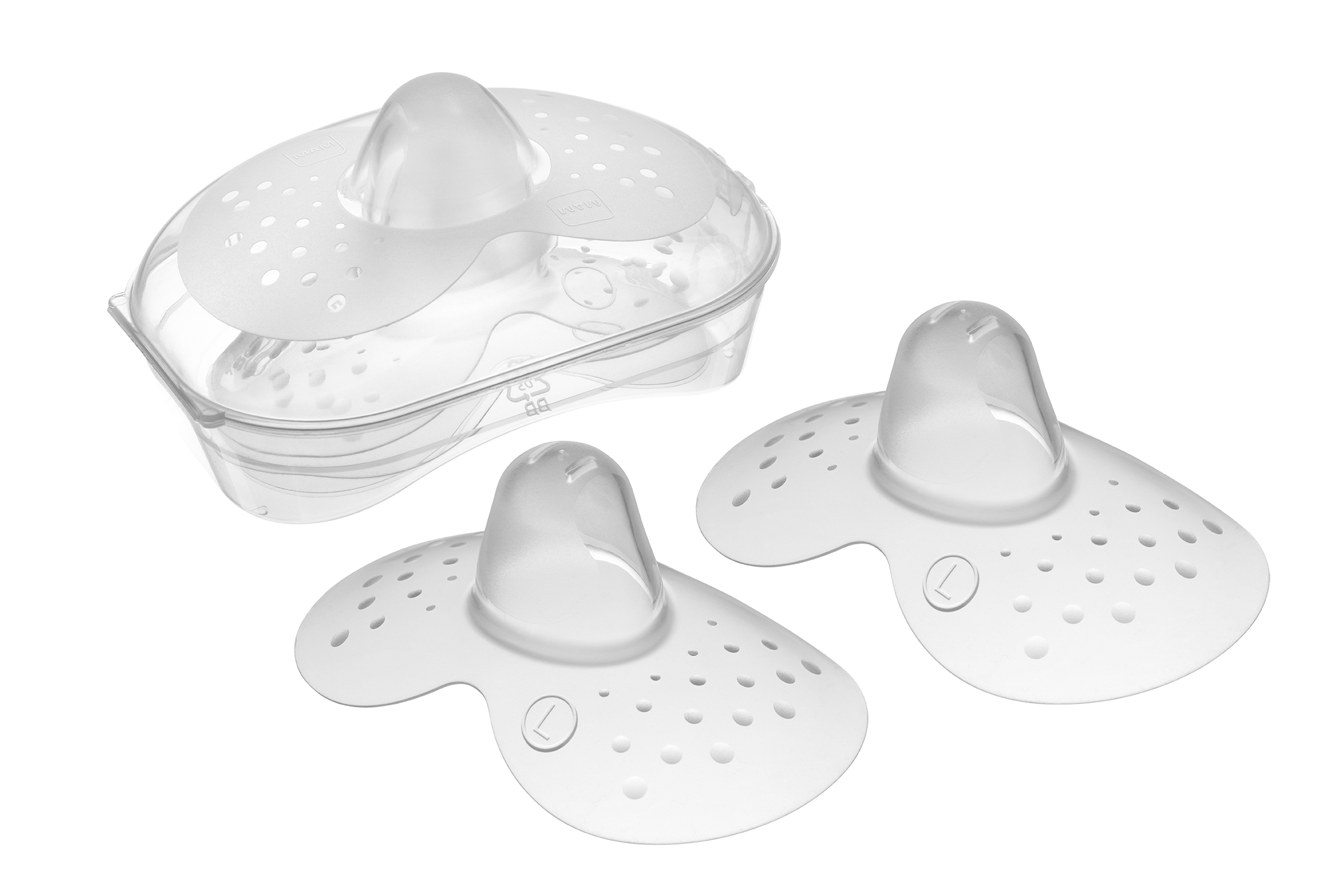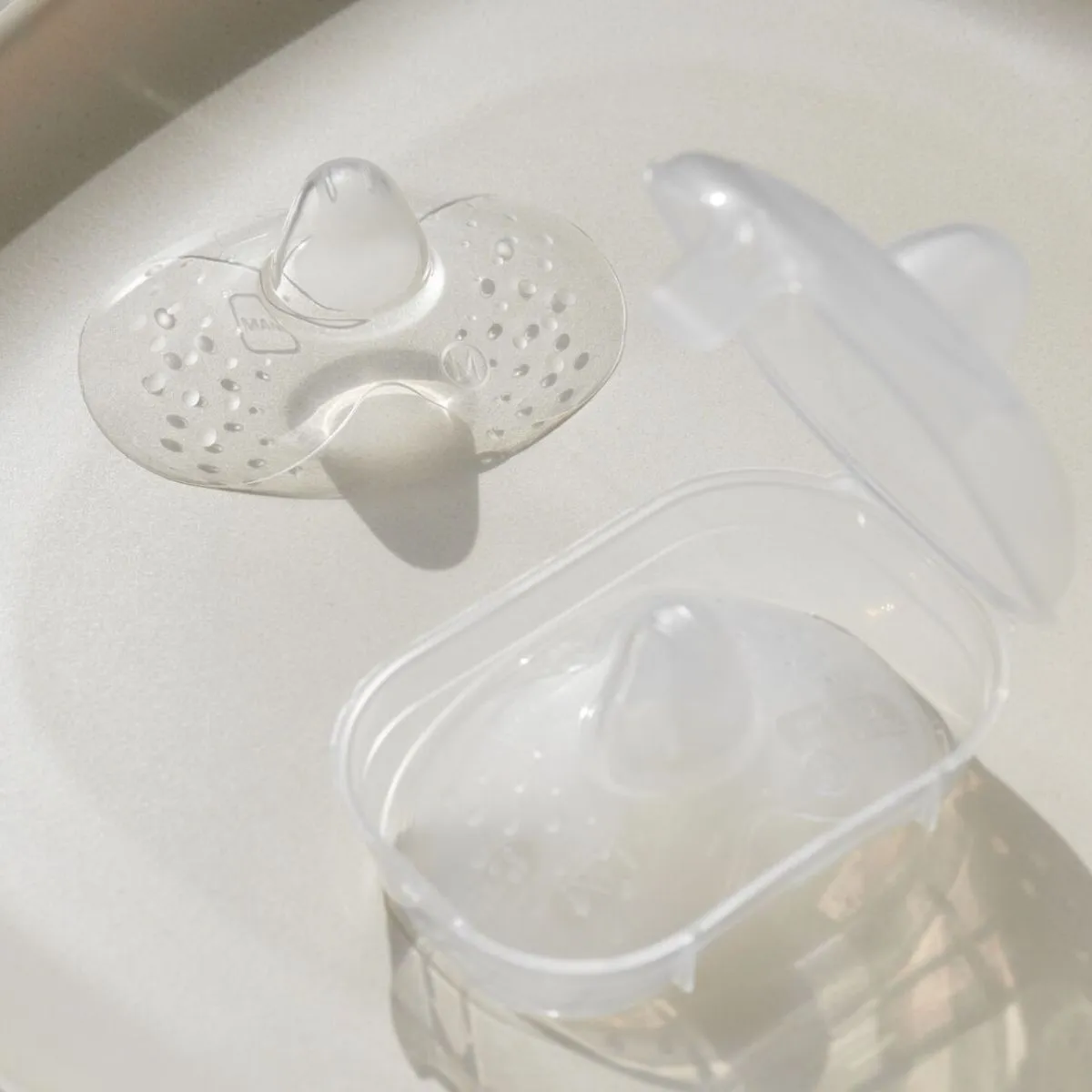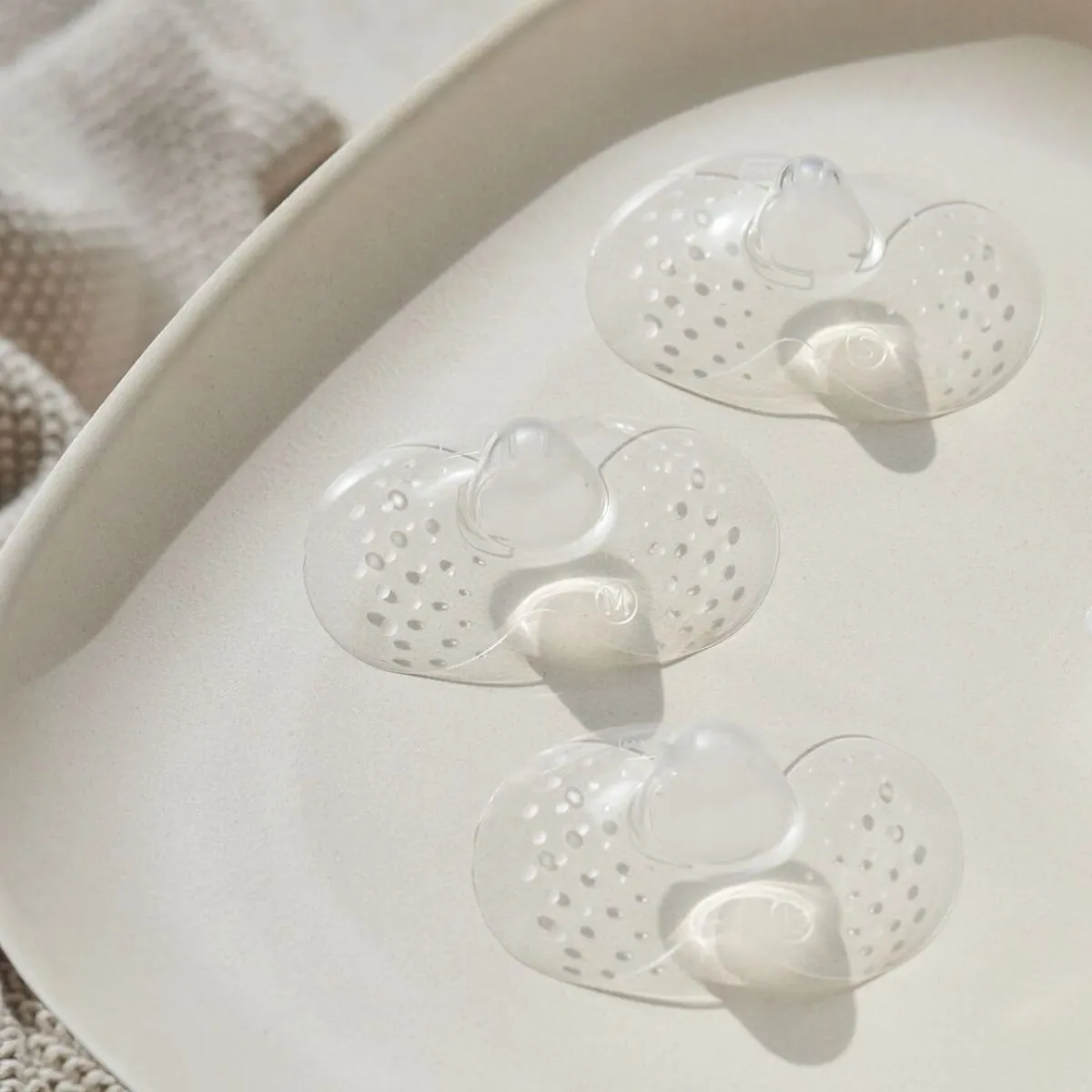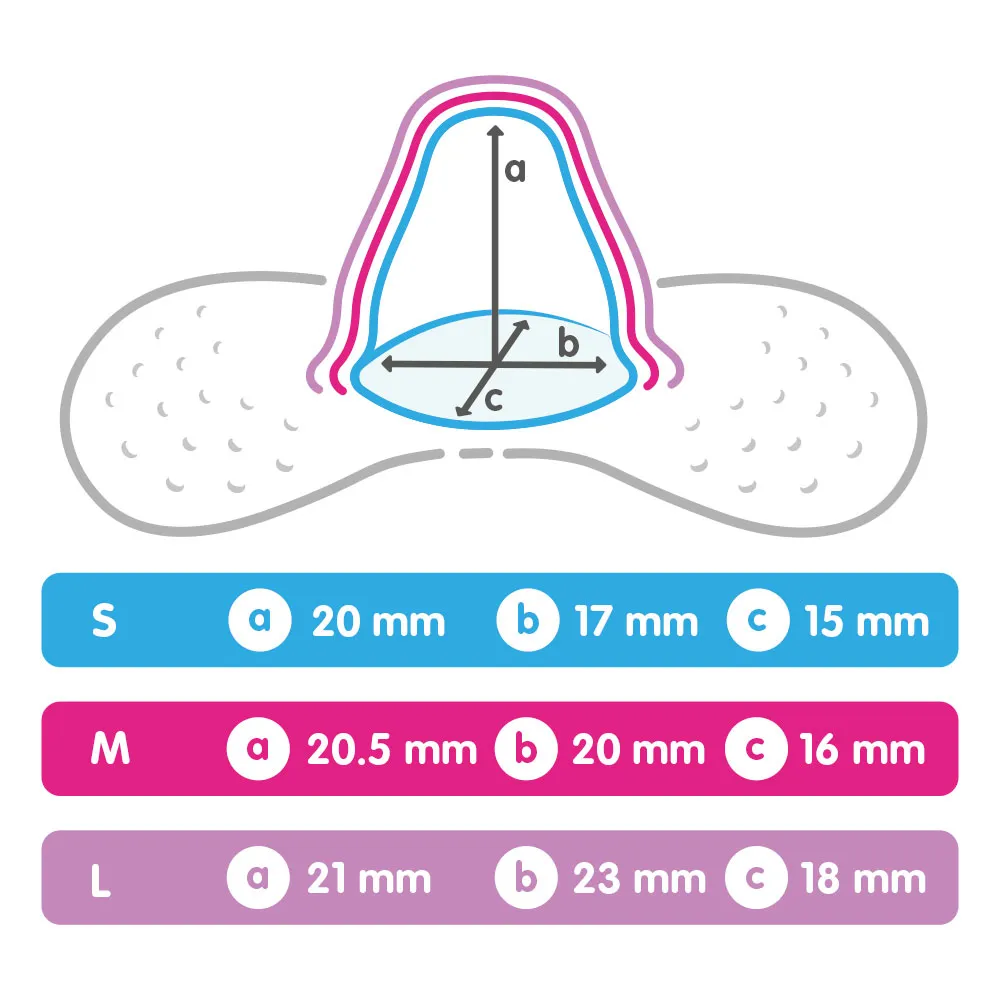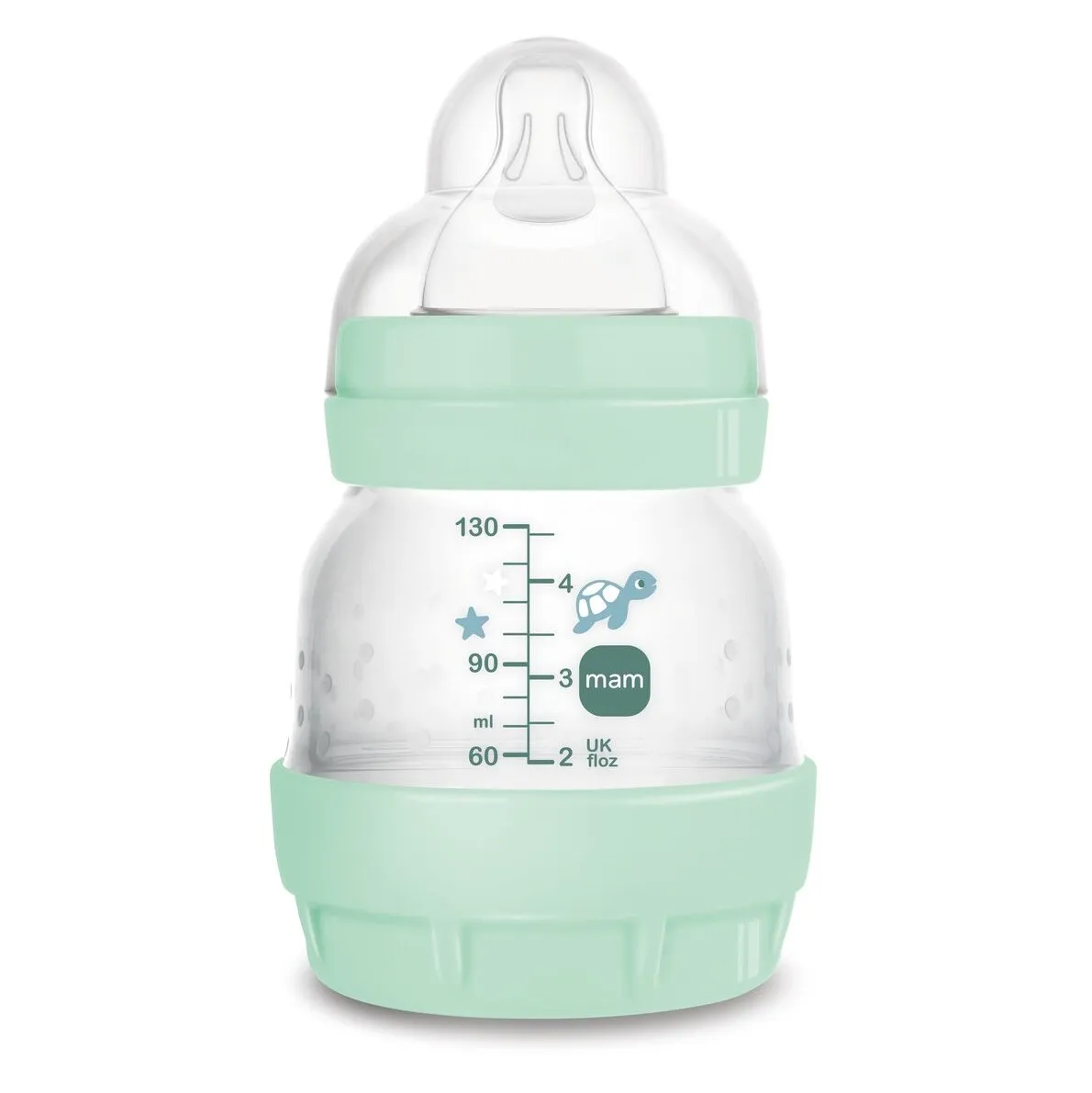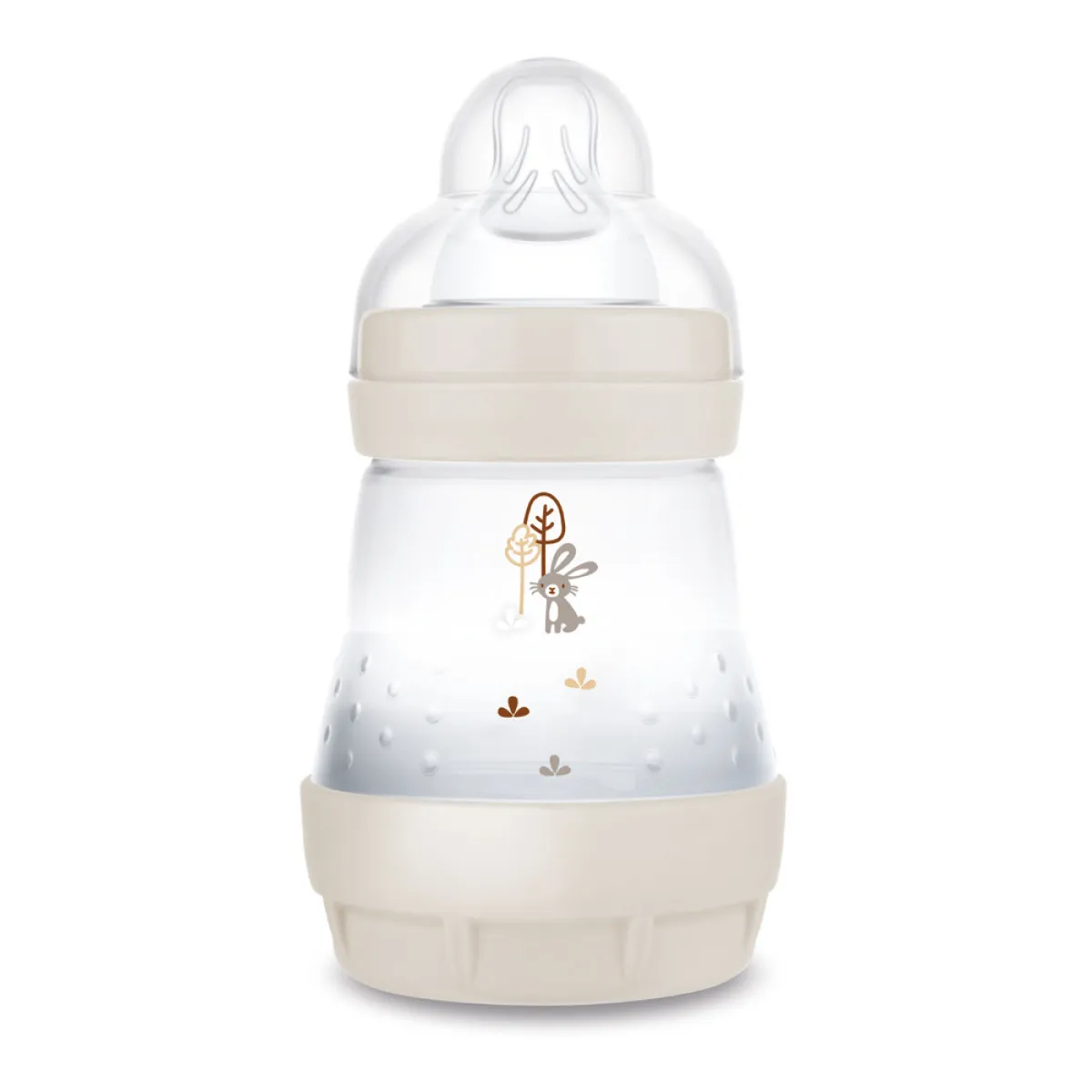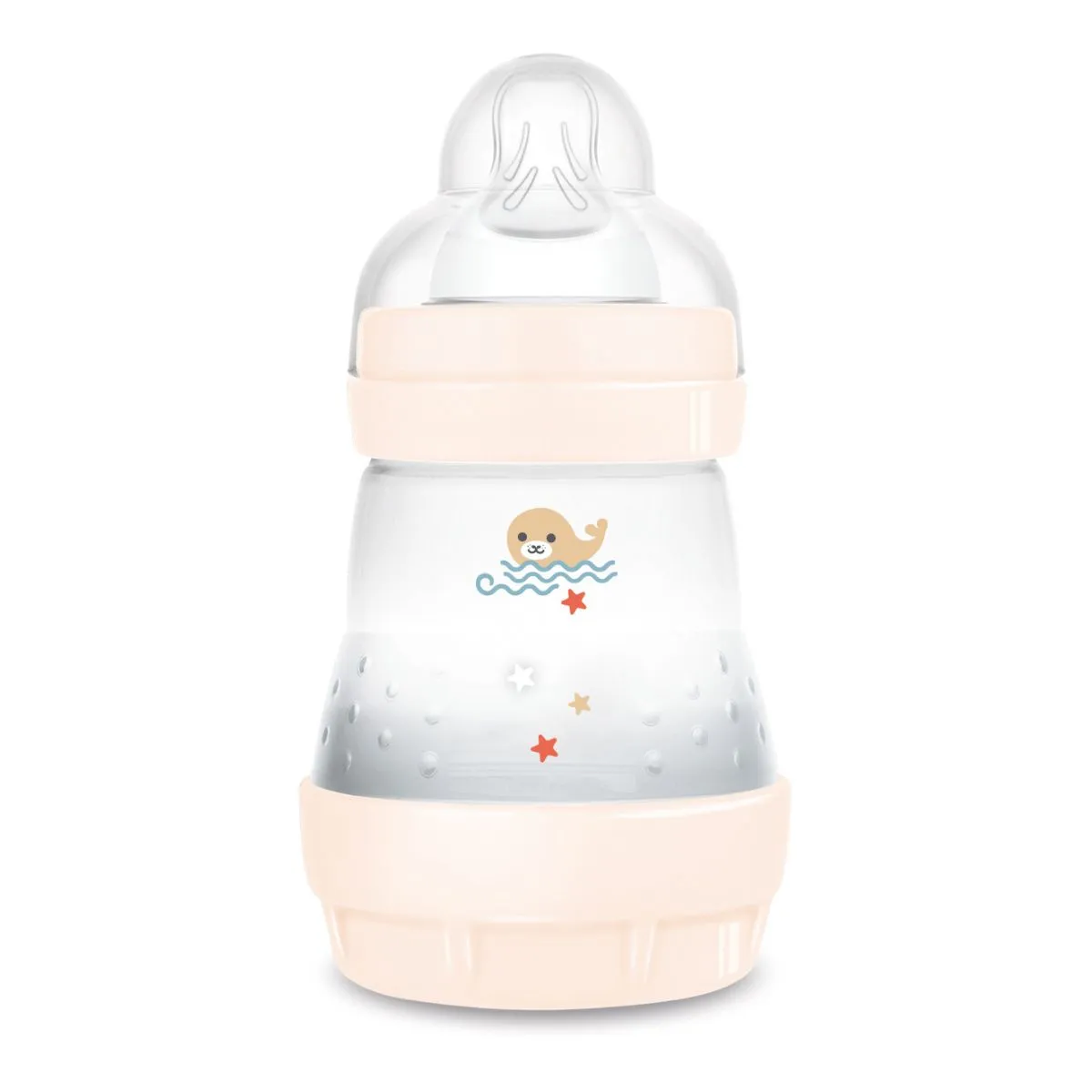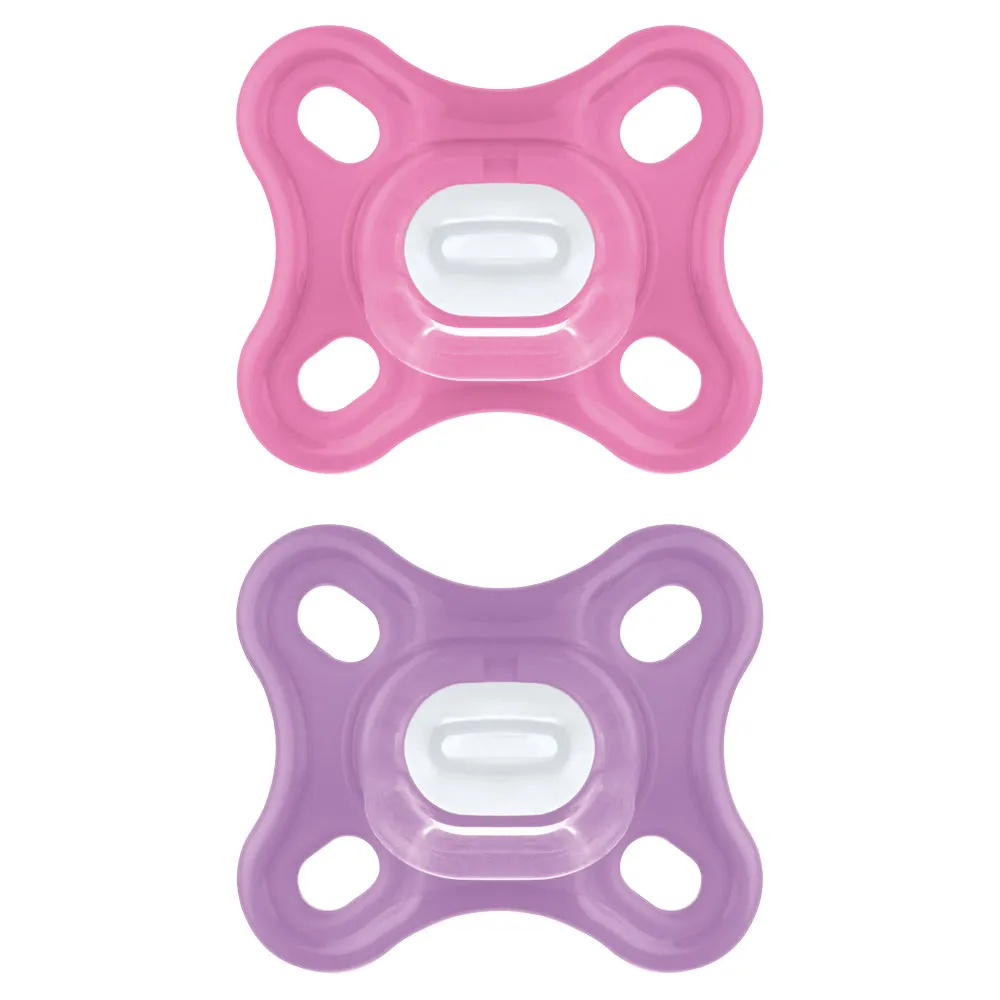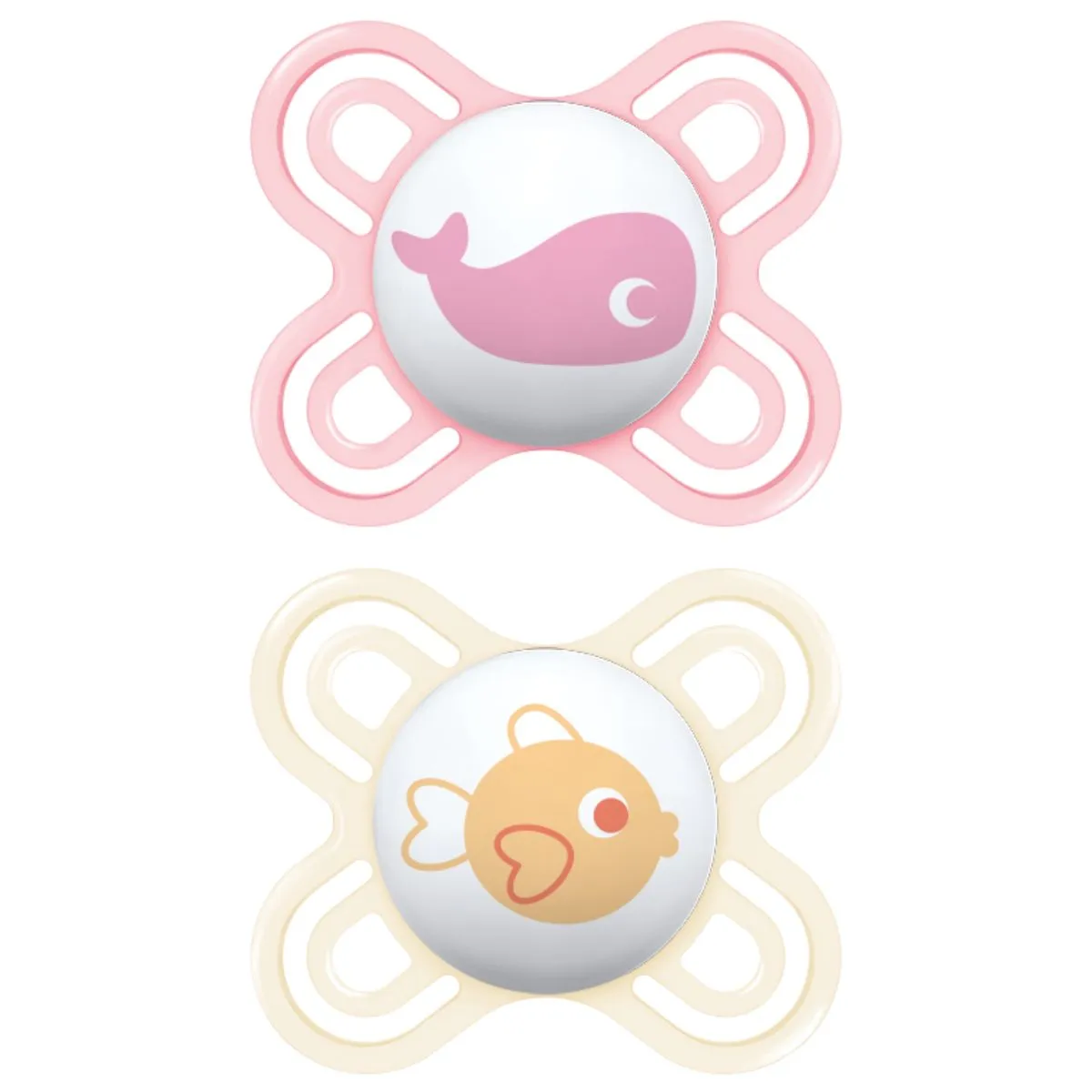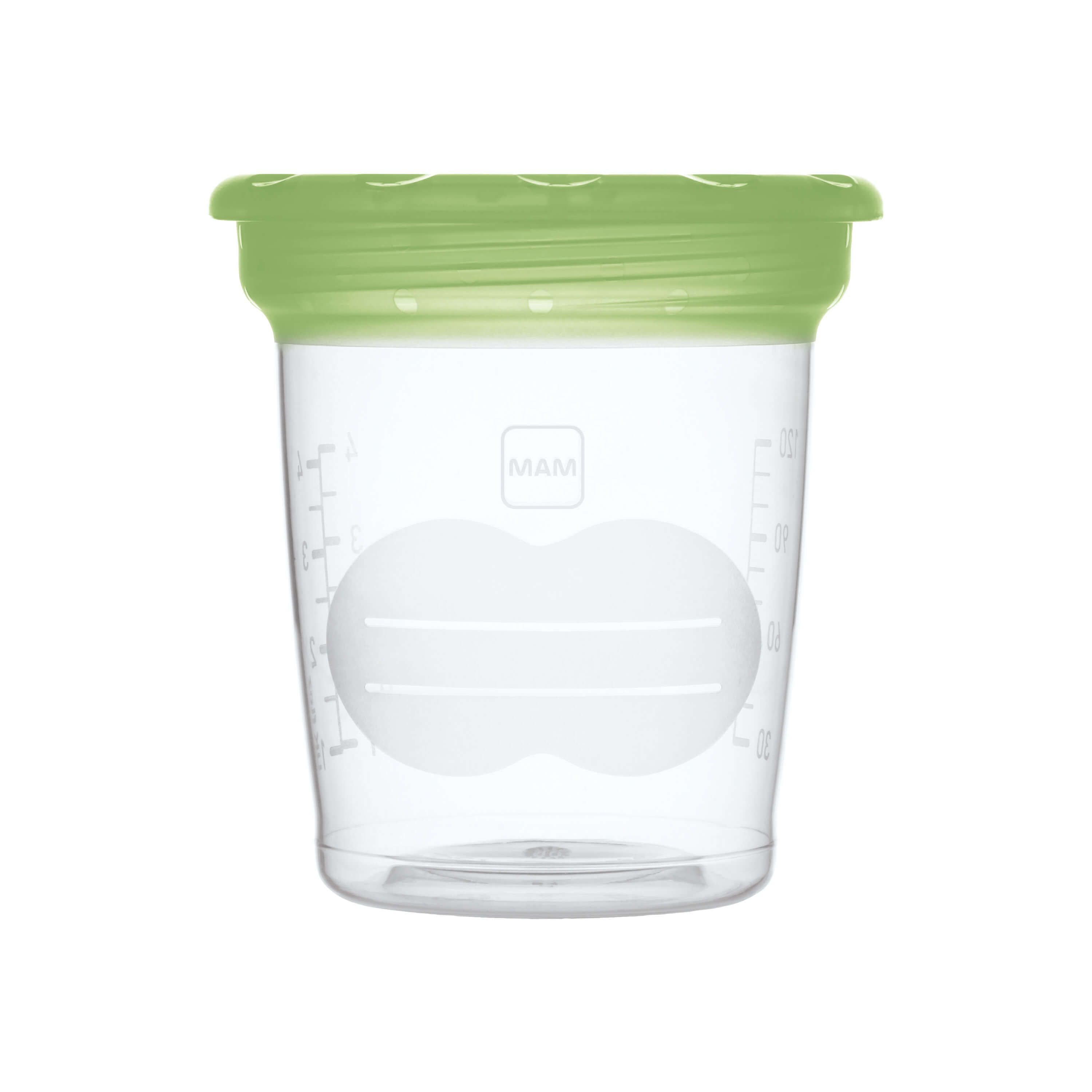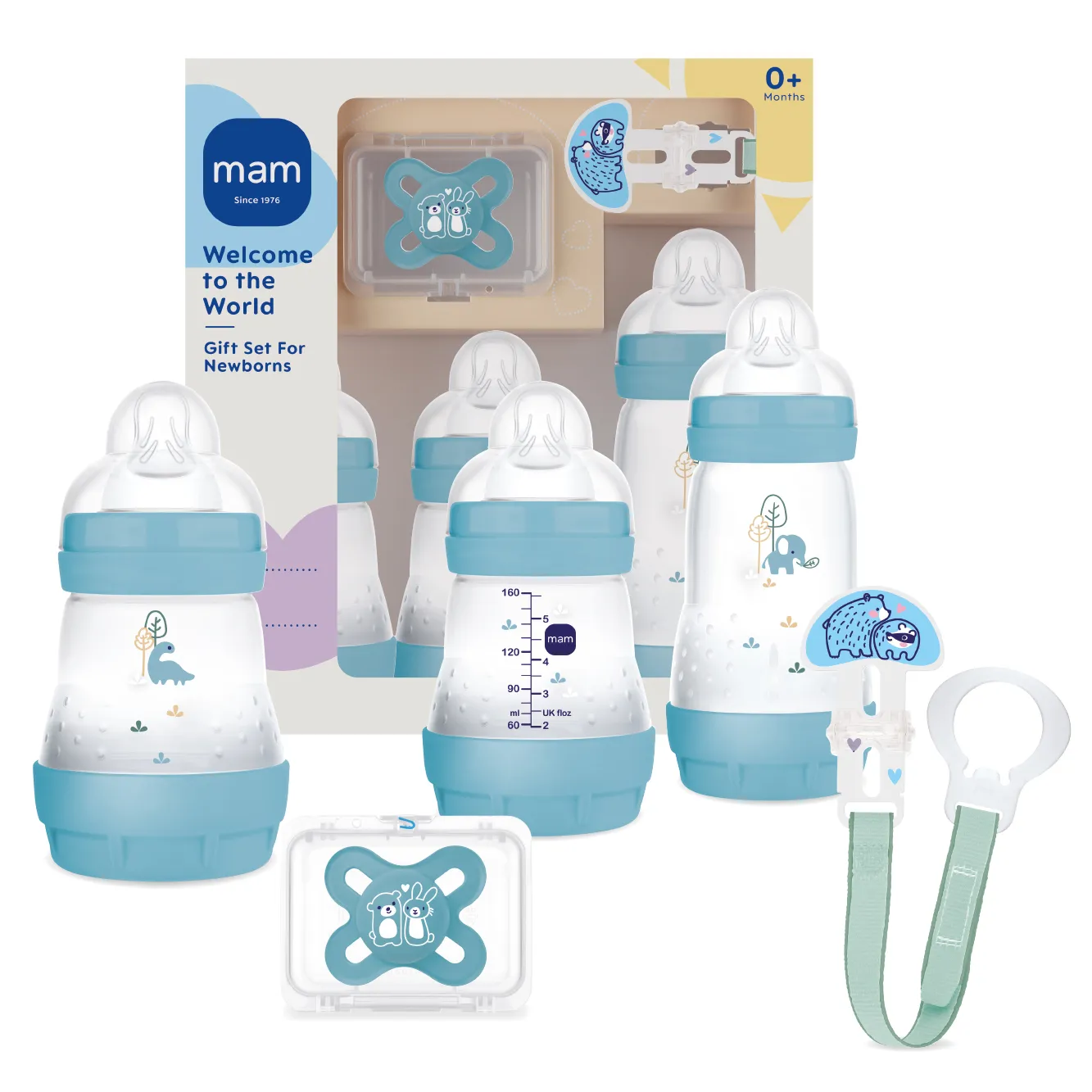Nipple Shields, size L
For short-term support during breast feeding
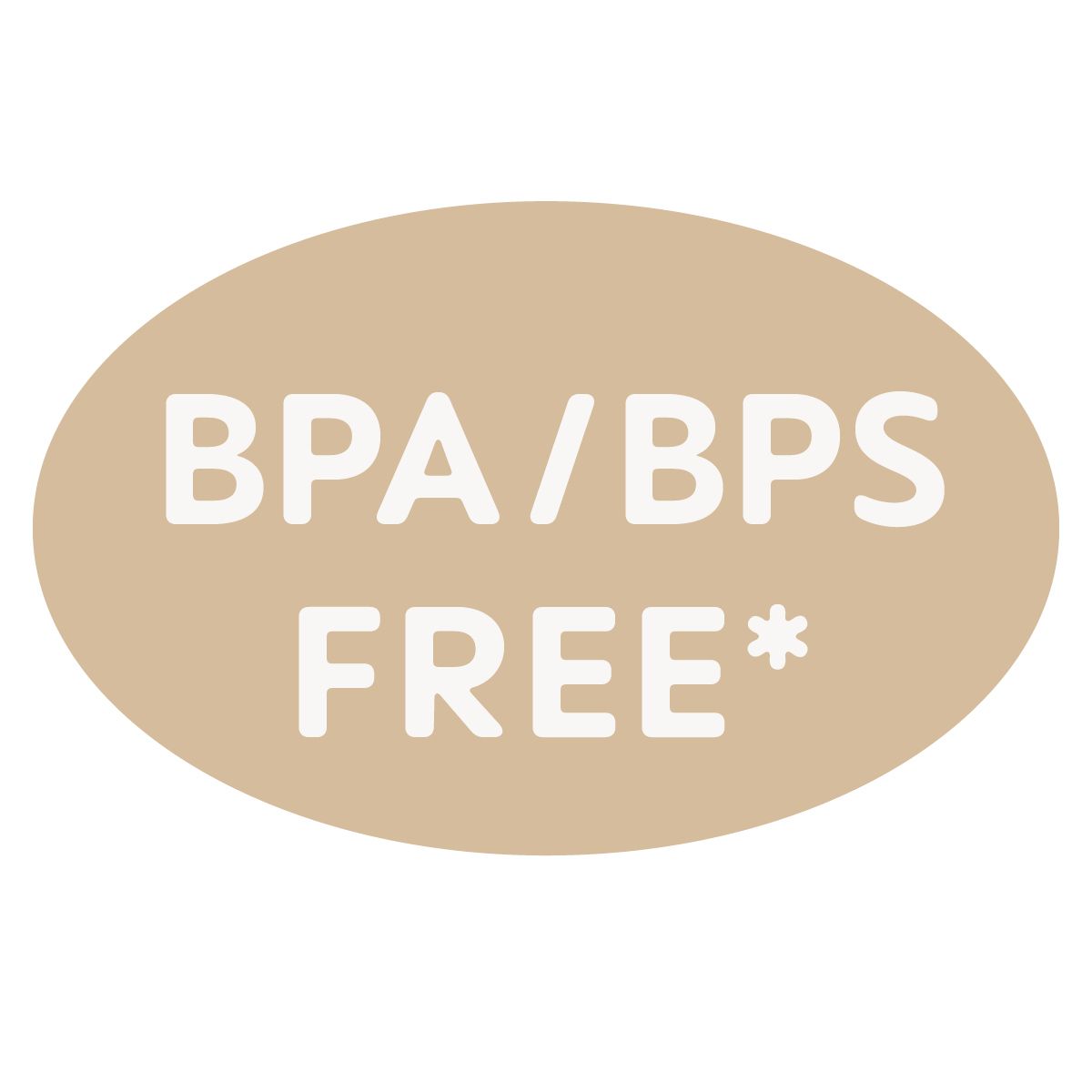
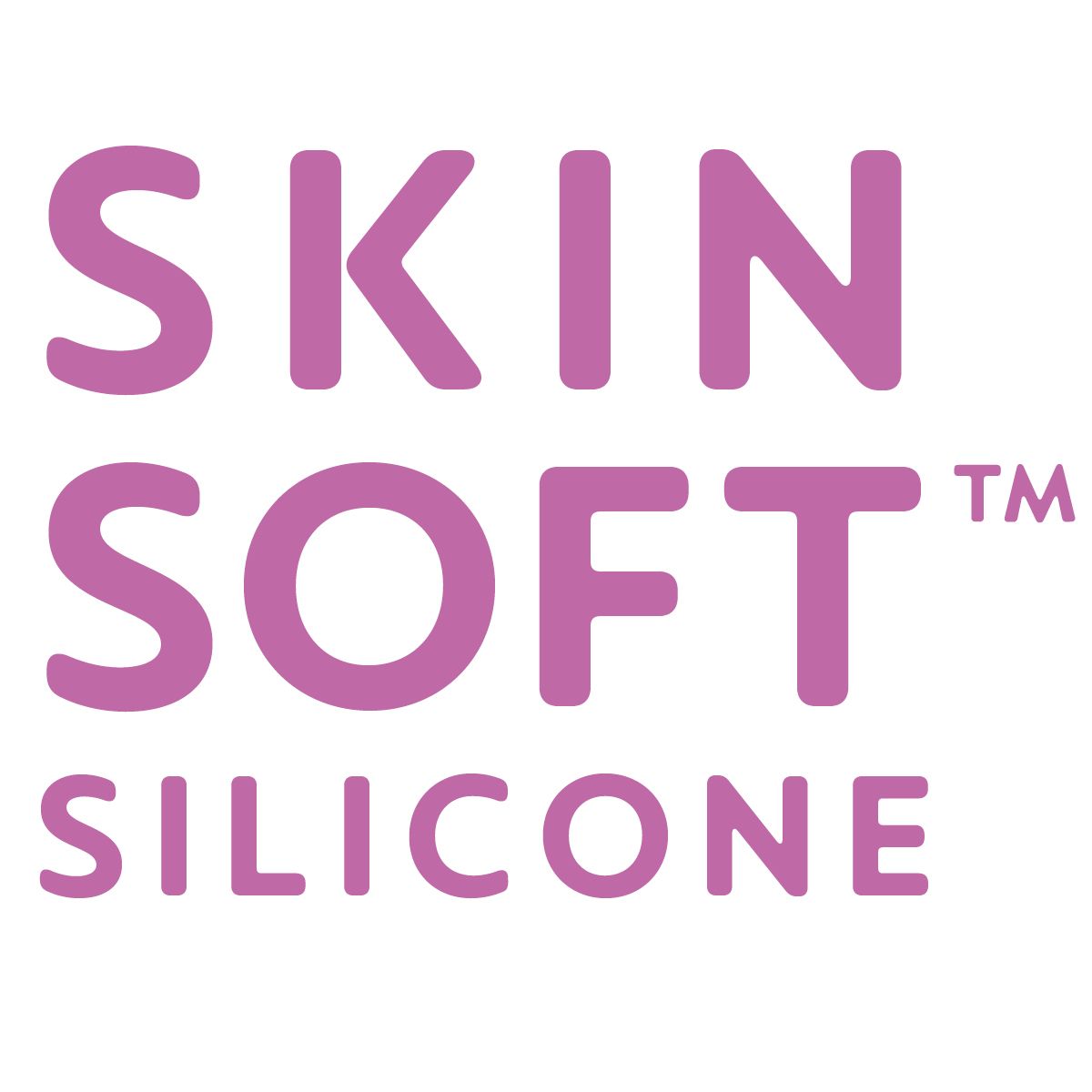
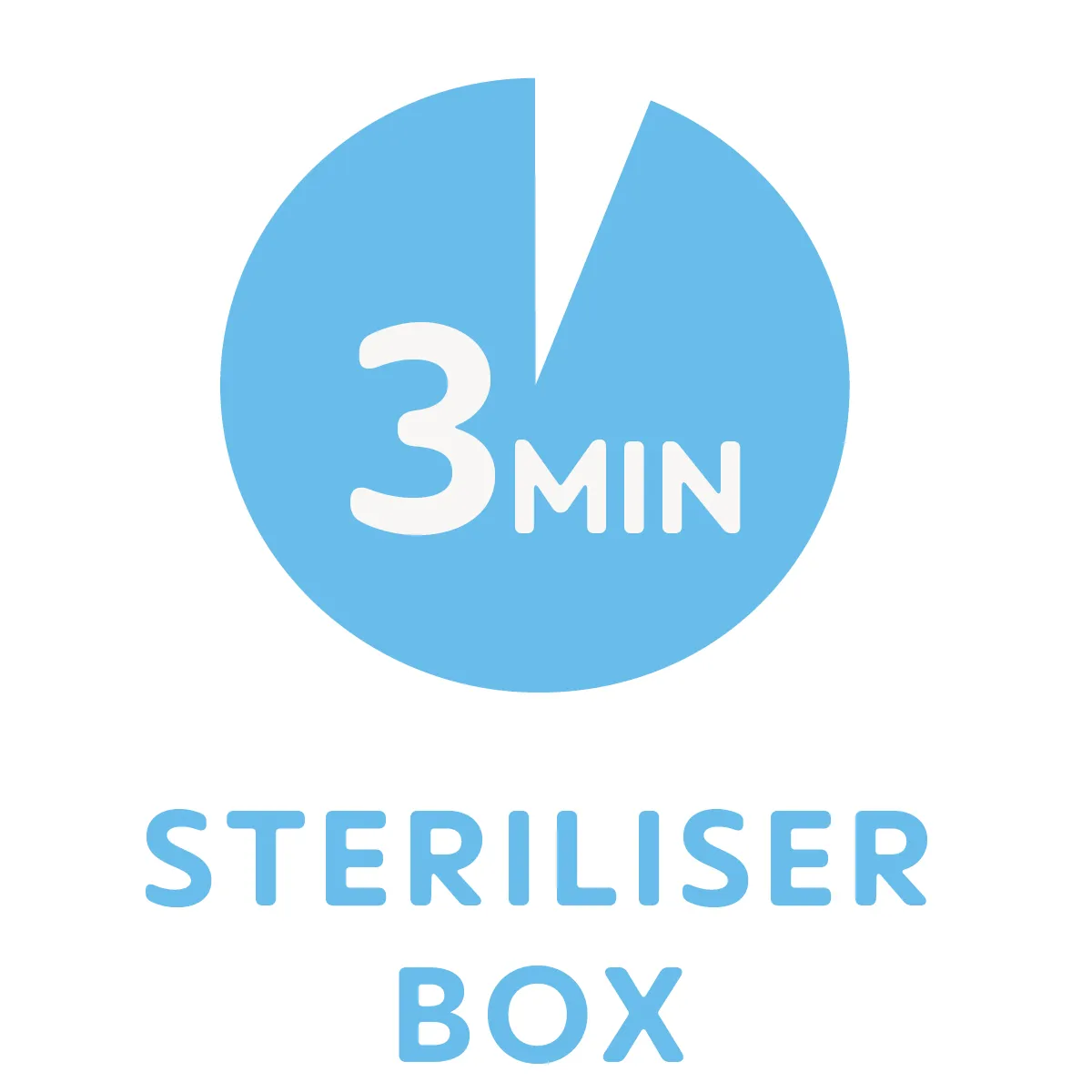
MAM Nipple Shields offer short-term support during breastfeeding. They make it very easy for babies to drink because they feel so familiar. This is thanks to their silky smooth surface and their natural shape.
Product Description
You are advised to talk to a midwife or nursing consultant before you first use them.
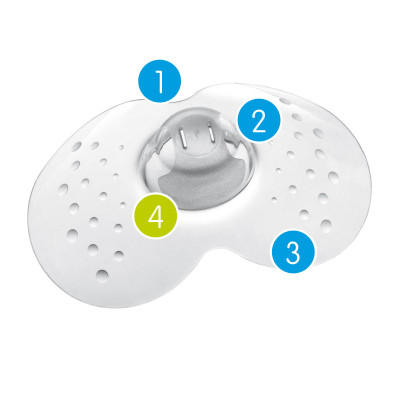
- Gentle nipple protection for sore nipples.
- SkinSoftTM Silicone for a natural feeling.
- Unique shape for maximum skin contact
- Two in each pack.
- Supplied in a sterilizable storage box.

1. SKIN SOFTTM SILICONE
Silky soft silicone surface - for a familiar feeling.
Silky soft silicone surface - for a familiar feeling.
2. MATERIAL
Very thin silicone - for maximum skin contact.
Very thin silicone - for maximum skin contact.
3. TEXTURED SURFACE
Allows air to pass between baby and nipple shield. Especially gentle on baby’s skin.
Allows air to pass between baby and nipple shield. Especially gentle on baby’s skin.
4. MAM SHAPE
Lets baby feel and smell mom’s skin.
Lets baby feel and smell mom’s skin.
Product Videos
Quality & Safety

All MAM products are made from materials free of BPA and BPS

MAM SkinSoft™ Silicone: easily accepted by babies - for a familiar feeling

This product comes in a sterilizing & carry box - for convenient and time-saving sterilizing in the microwave
FAQ
Bisphenol A (BPA) is an important component for the manufacturing of polycarbonate (PC), whereas Bisphenol S (BPS) is an organic chemical used to make polysulfone. Among other items, food packaging, plastic utensils and baby bottles are just a few examples of products made with PC, whereas the main usage of BPS is in thermal papers and inks. The problem: Trace amounts of chemical substances gradually leach out of the plastic into the food and might eventually get into the body. This can affect small children and infants in particular.
As a result of exposure to BPA, experts and studies have seen disruptions to the hormone system and brain, diabetes and heart damage as well as an increased risk of cancer. Although scientific evidence is not yet conclusive, the European Commission - based on the precautionary principle - has banned the usage of BPA in baby bottles in order to protect the health and safety of babies and small children.
Instructions for use


